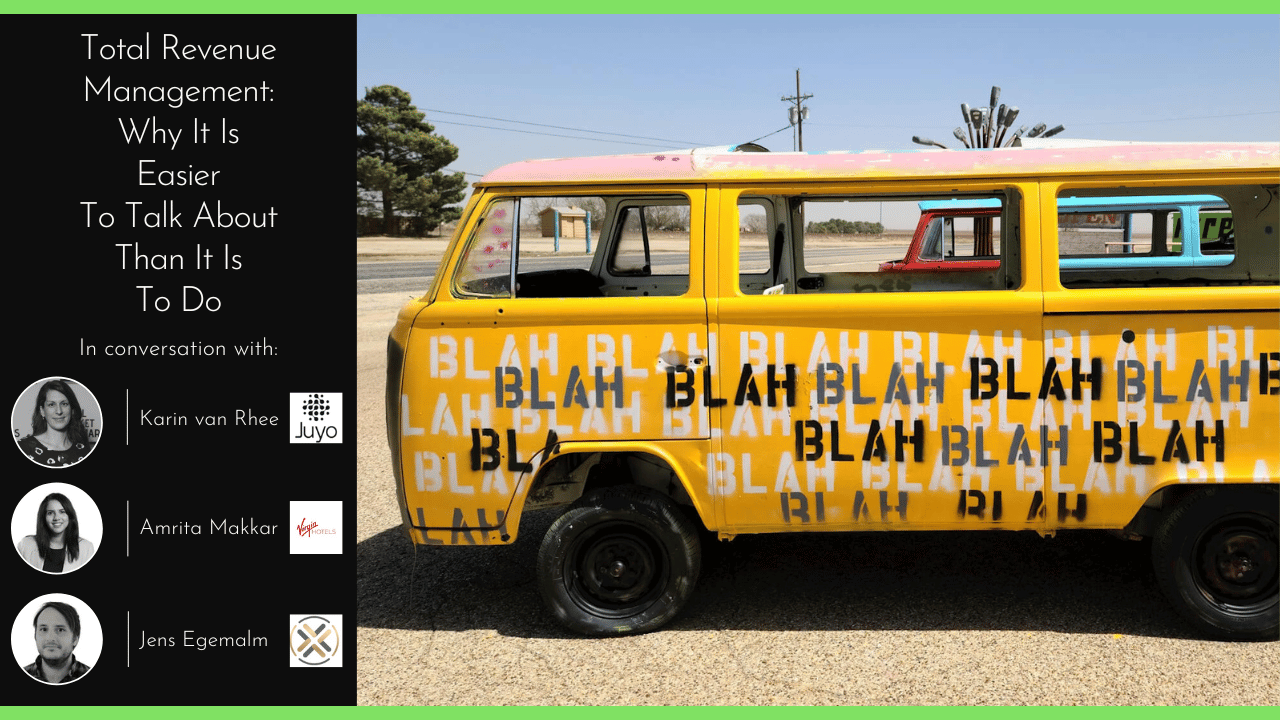
A global distribution system (GDS) is still widely regarded within the travel industry as a great way for hotels to expand their distribution and capitalise on large, lucrative, corporate travel markets. Given that the number of business trips has increased 38% since 2009, it’s well worthwhile.
NB: This is an article by SiteMinder
Despite existing since the 1960s, there is still some mystery for hotels on how a GDS works, how it should be used, and how effective it can be in boosting revenue.
Essentially a GDS passes on hotel inventory and shares information with travel agents all over the world, and thereby accepts reservations.
To further demystify and better explain the benefits of the GDS, SiteMinder turned to its resident expert Jason Lewis-Purcell; vice president global, GDS Sales. With more than 20 years of industry experience, both in hotels and hotel technology companies, Jason understands what it takes to drive a profitable hotel business.
In this interview, he discusses how a GDS works and the advantages hotels can enjoy from investing in it.
What is the GDS and how does it work?
The overarching characteristic of the GDS is that it’s a powerful and robust channel for hotels looking to attract large volumes of corporate travellers, as Jason explains: “The GDS connects hotels to the top business travel agents in the world such as American Express, Carlson Wagonlit, and Hogg Robinson. These agents will connect your hotel to corporations using the GDS, including the top Fortune 500 companies.”
“Most importantly all travel agent systems are included, such as Sabre, Pegasus, Galileo, Worldspan, and Amadeus, to name just a few. For a new hotel user it will take about four weeks to set up. Then it will integrated as a high-rated channel with your channel manager.”
Why is the GDS such a beneficial channel for hotels?
For hotels that rely strongly on business travel or are even looking to partner with corporate companies for long-term revenue and loyalty, the global distribution system can deliver incredible value, as Jason explains.
“In most markets business travel equates for 50% of room nights and the top Fortune 500 companies will use the GDS for their travellers, so it allows hotels to tap into that revenue source. Companies use the GDS to control their costs and be aware of where their employees are at any time. It also allows them to be selective about what hotels they accept into their business travel program by booking properties that are deemed safe and comfortable.”
Business travellers can often represent more profit than leisure travellers too, says Jason.
“Business travellers spend an average of $98 a night on incidentals such as their meal allowances and they can also help you a lot with your Monday to Friday bookings and subsequent revenue.”
Has the GDS lost any relevance within the industry?
Over time, many travel companies have adopted similar programs to what the GDS achieves, but none have been as successful at capturing the corporate market. Jason believes it remains the best way for hotels to do this.
“GDS is still the only way companies can adequately control their spending on corporate travel, by selecting preferred hotels and negotiating the best corporate rates. It also allows for greater control over expenses and the safety of their staff.”
“I wouldn’t say GDS adoption is growing, but it certainly isn’t declining. That’s because it’s as relevant as it’s ever been. OTAs like Expedia have tried similar programs, such as Egencia, but they haven’t taken off. The top Fortune 500 companies will continue to use the GDS or the online booking tools linked to the GDS to secure travel options for their staff.”
Are there any restrictions for hotels wanting to use the GDS?
While the location, and typical market of a hotel certainly can have a bearing on whether a global distribution system is the right fit, no hotel is excluded no matter how big or small, explains Jason.
“The business traveller market utilises hotels and B&Bs of all sizes, it all depends on location, convenience and quality. In popular business destinations, a hotel of any description has the potential to see a return on their investment in GDS.”
The same logic applies to region.
“Any region can successfully utilise the GDS as long as the hotel is in or near a gateway city. By that I mean any city with an international airport or seaport and serves as a primary point of arrival and departure,” says Jason.
How cost effective is the GDS?
While there may be the perception that using the GDS is a more expensive way to acquire guests, Jason says you need to take all factors into account when assessing your distribution and booking strategies.
“You must consider that the commission paid to an OTA can be as high as 18% in some cases. If you’re selling three nights at $100 per night, that’s $54 you’re paying in commission fees. A GDS booking would be around 10% of the room rate plus a transaction fee so this lines up well against even the average OTA commission of 15%.”
“It should also be noted most business travellers will spend up to 50% more at the bar and restaurant than a leisure traveller – that’s a great revenue boost in itself.”




